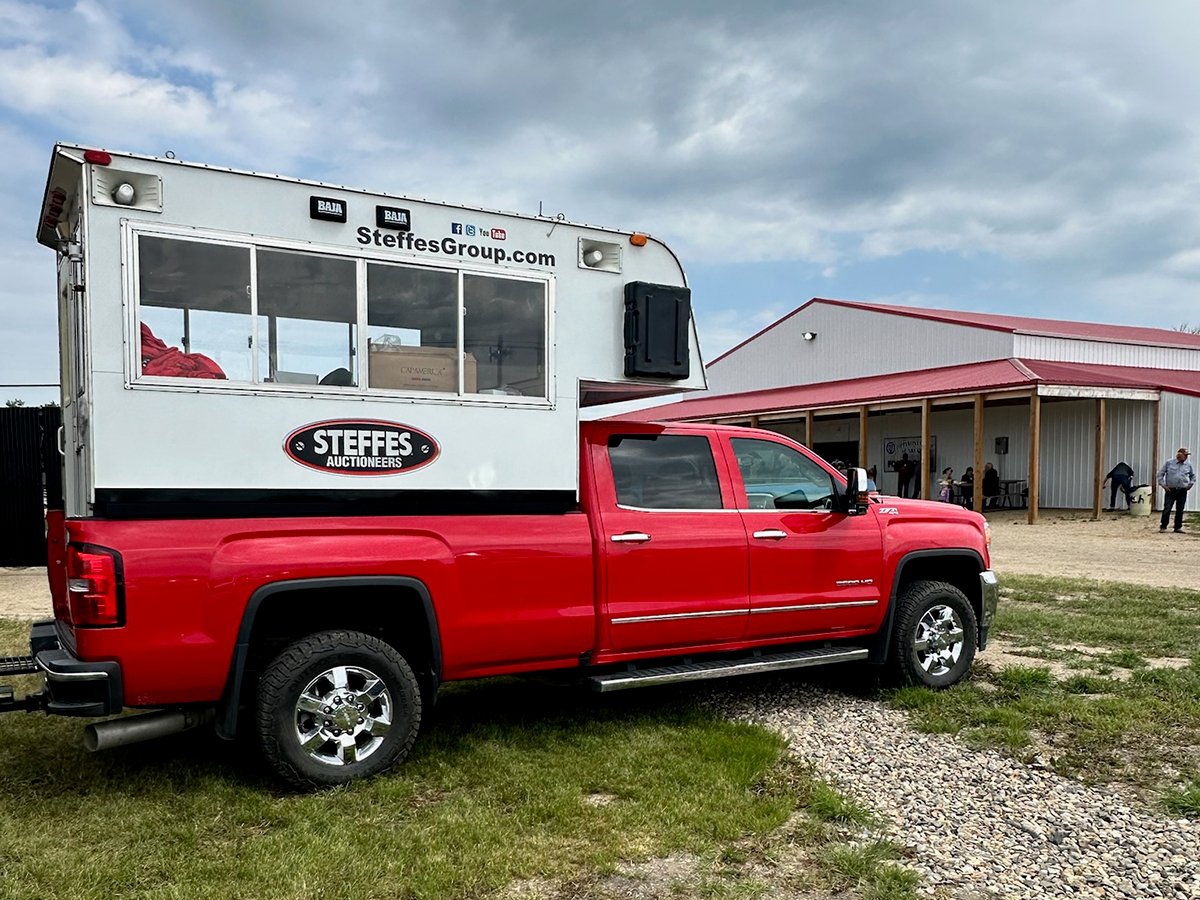Q: My husband has suffered from depression for quite a few years. Do you know of any therapy for depression that does not involve drugs? Medication doesn’t seem to be helping him.
A: Medications are often needed to treat depression. I had to take them myself at times, and I have also taken lithium carbonate, a mood stabilizer, for quite a few years. I found that it helped. I didn’t notice the improvement so much myself, but my partner and my fellow workers let me know that I was much easier to get
Read Also

Farm auctions evolve with the times
Times have changed. The number of live, on-farm auctions is seeing a drastic decline in recent years. Today’s younger farmers may actually never experience going to one.
along with so I chose to continue to take it.
Prescribing medications for depression is, to a degree, an educated guess. There are several families of anti-depressants. You can’t change from one type to another until you are weaned off the first. There is no blood test to show how depressed you are. The doctor has to base decisions on what the patient says and the patient’s behavior.
Cognitive therapy, or learning to talk healthier to yourself, is an important part of treating depression. David Burns, a psychiatrist, has written several excellent workbooks for patients on the subject. Two of them are The Feeling Good Handbook and Ten Days To Self-Esteem.
For people who have a hard time motivating themselves to read or study on their own (and unfortunately, depression does seriously lower a person’s motivation), getting involved in a support group is often helpful.
If a psychiatrist fails to see the value of cognitive counseling or group programs, find another psychiatrist. Research has proven people who both take medications and become involved in individual or group cognitive therapy make progress in dealing with depression.
Depression varies in depth and duration. For some people even the best medications and
support groups only keep symptoms partially under control. They may have to live with
anxiety about having further bouts of depression.
There are support groups in many cities, either sponsored by local mental health clinics or non-profit consumer groups. The Manitoba Society for Depression and Manic-Depression can be reached at 800-263-1640. Alberta readers can call 888-757-7077, and in Saskatchewan the following numbers: Sheryl at 922-0262 in Prince Albert, Ken at 651-3160 in Saskatoon and Bill at 584-5067 in Regina.
Readers who know of other groups can pass on the information to me at 17 Ð 24 Street East, Prince Albert, Sask., S6V 1R3, or e-mail me at: petergrif@sk.sympatico.ca.














